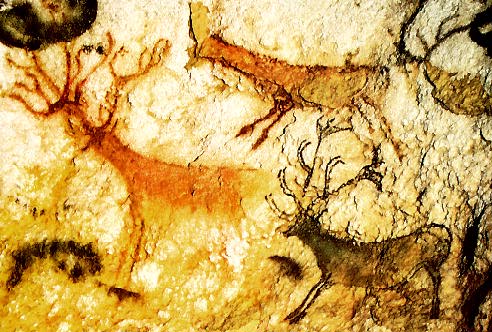
![]()
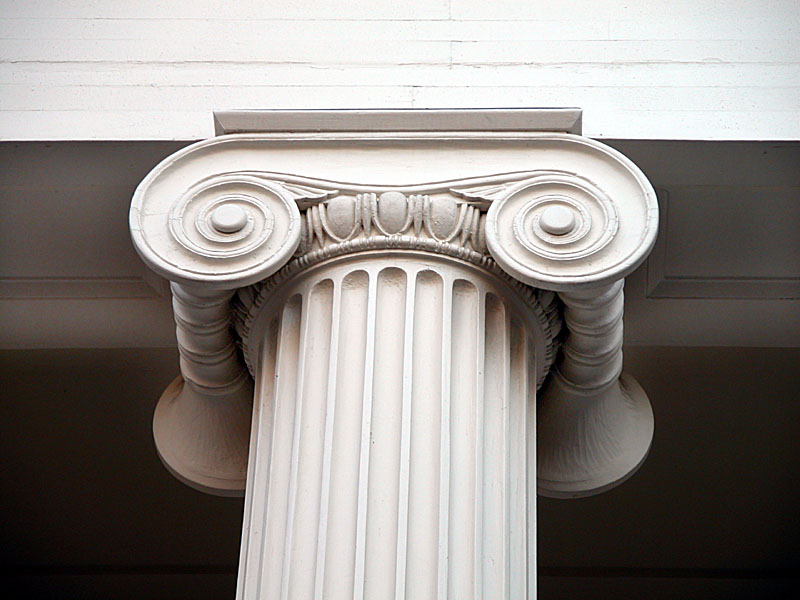
![]()
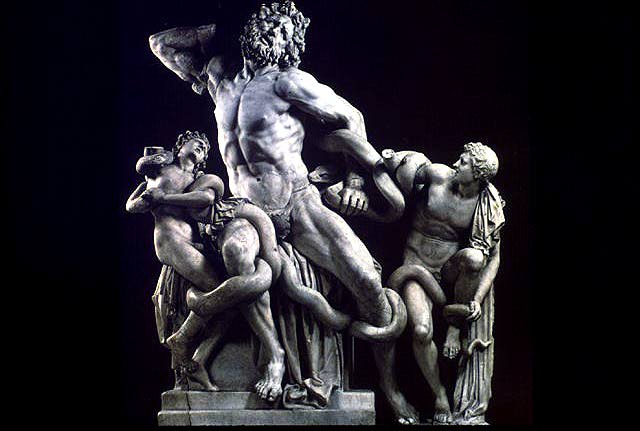
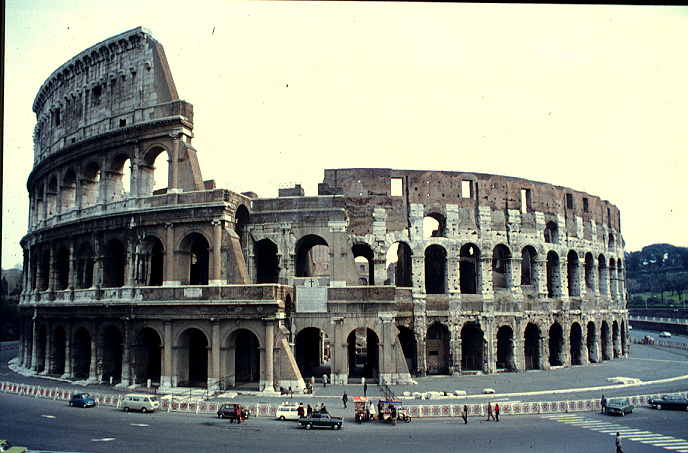
![]()
![]()
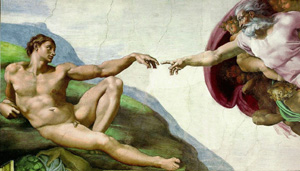
Pasco-Hernando Community College
Division of Arts and Sciences- SPRING 2009
EUH 1000 - The History of Western Civilization - Part I
========================================================
Convener of Class: Tamm, David J., Adjunct
M.A. International Studies University of Krakow, Poland
B.A. Political Philosophy Michigan State University, E. Lansing, MI
Other Work: Corvinus University, Budapest, Hungary
Marie Curie University, Lublin, Poland
Univ. of South Florida, Tampa, FL
Class / Time: G-111, Tuesday / Thursday 530-645
Office Hours: In the room before and after class, other by appointment
Telephone: (727) 243-2034
Email: hudsonfla@gmail.com (faster), tammd@phcc.edu (slower)
Required Text: The West: Encounters and Transformations, Vol. I: To 1715
(2nd Ed.) by Levack, Muir, Veldman, Maas.
Publisher: Pearson, Longman, New York, 2007.
Description: Our Class reads about and discusses the generations and
iterations that have gone into the building of our
current Western Civilization- from the beginnings to the
Age of Exploration. Emphasis falls on the social, cultural,
humanistic and economic trends during each period. This
course satisfies the Gordon Rule writing requirement. A grade
of 'C' or better must be attained. 45 Class hours.
Objectives: Because PHCC is a learning-centered institution with a
mission that involves 'developing its students as individuals
[and as] citizens of the world,' let us, then, adopt these objectives:
*That the student may demonstrate a knowledge of the continuities and
discontinuities in Western historical, political and economic
development from the emergence of ancient civilizations in the Near
East through the Age of Exploration.
*That the student may recognize the diversity of the Western cultural,
social, intellectual and religious heritage from the emergence of
civilization to the Age of Discovery and Exploration.
*That the student may further their understanding of history through
the study and use of primary source documents, professional historical
journals and artifacts of the periods covered.
*That our projects of synthesis be based upon assigned readings, and
that our class integrate essays, a writing project and comprehensive
examinations into the process of the student's historical analysis.
That writing assignments require the student to be able to write
accurately, clearly and effectively, using proper grammar, punctuation
and mechanics.
CLASS READINESS
Lively and informed discussions are essential to the success of the
course. Students should make every effort to keep up with the assigned
readings. It is assumed by the instructor that students have read from
the textbook in advance.
EVALUATION CRITERIA
Two exams occur during the session. Each is worth 25% of the final
grade. Dates are noted on the syllabus. Each test contains multiple
choice and short response essay questions. Students may answer an
extra short answer in order to obtain extra credit. The grading scale
for exams are as follows: 91-100% A, 81-90% B, 71-80% C, 61-70% D,
0-60% F.
The student will compile three short biographies of great figures in
the history of Western Civ. In addition, the student will prepare
three 'reader response essays' on historical, political, economic or
cultural aspects of Western Civilization, as they appear in the
course. The topics are chosen by the instructor and comprise 25% of
the class. These may be submitted hard-copy or by email.
A Gordon Rule Writing Project will be assigned on a topic given in
Class. The student's paper will be an essay of five-seven pages,
double spaced, in the 12 pt. Times New Roman font. The paper will be
organized around the MLA Style (findable in the MLA Style Manual). The
paper will be the last 25% of the final grade.
Roll will be taken at each session. More than four unexcused absences
will result in your withdrawal, regardless of your GPA. There are no
make-up tests as a rule, however, emergencies do arise and are
evaluated on a case-by-case basis. In any case, the grade for a
make-up is reduced by one full letter.
HOW TO GET AN "A" IN THIS Class
Most students are self-motivated and seek academic success. Yet, not
every student will earn an A. The likelihood that you will increases
dramatically when you do the following:
1) Read, read, read. Read the assigned sections of the book before every Class.
2) Attend each Class.
3) Take care about your writing. Make sure it follows the MLA style
properly, is free from grammatical and spelling errors, and
demonstrates your thorough understanding of the subject.
OTHER
Plagiarism, lying, cheating, stealing, and other forms of academic
dishonesty are, as might be expected, not allowed.
EUH 1000 CALENDAR 2009
Class 1 Jan 12 Orientation
Syllabus overview
Current issues in western civ
Class 2 Jan 14 Forward: What is the West
Chapter 1: The Beginnings of Civilization
Class 3 Jan 19 Chapter 1: Continued
Class 4 Jan 21 Chapter 2: The International Bronze Age
Class 5 Jan 26 Chapter 2: Continued
Class 6 jan 28 Chapter 3: Persians, Hebrews and Greeks
Class 7 feb 2 Chapter 3: Continued
Class 8: feb 4 Chapter 4: Persians, Hebrews and Greeks
Class 9 feb 9 Chapter 4: Continued
Class 10 feb 11 Chapter 5: Hellenistic World & Rome
Class 11 feb 16 Chapter 5: Continued
Class 12 feb 18 Chapter 6: The Early Roman Empire
Class 13 feb 23 Chapter 6: Continued
Class 14 feb 25 Chapter 7: Byzantium and Islam
Class 15 mar 1 Chapter 7: Continued
Class 16 mar 3 Midterm Exam
Class 17 mar 8 Chapter 8: Late Antiquity
Class 18 mar 10 Chapter 8: Continued
Class 19 mar 15 Chapter 9: The Early Middle Ages
Class 20 mar 17 Chapter 9: Continued
Class 21 mar 21 Chapter 10: Medieval Civilization
Class 22 mar 23 Chapter 10: Continued
Class 23 mar 28 Chapter 11: The Medieval West in Crisis
Class 24 mar 30 Chapter 12: the Renaissance
Class 28 apr Final Exam Review
Class 29 apr Final Exam / writing project final due
Class 30 apr Papers Back
Final Grades

![]()

![]()


![]()
![]()
